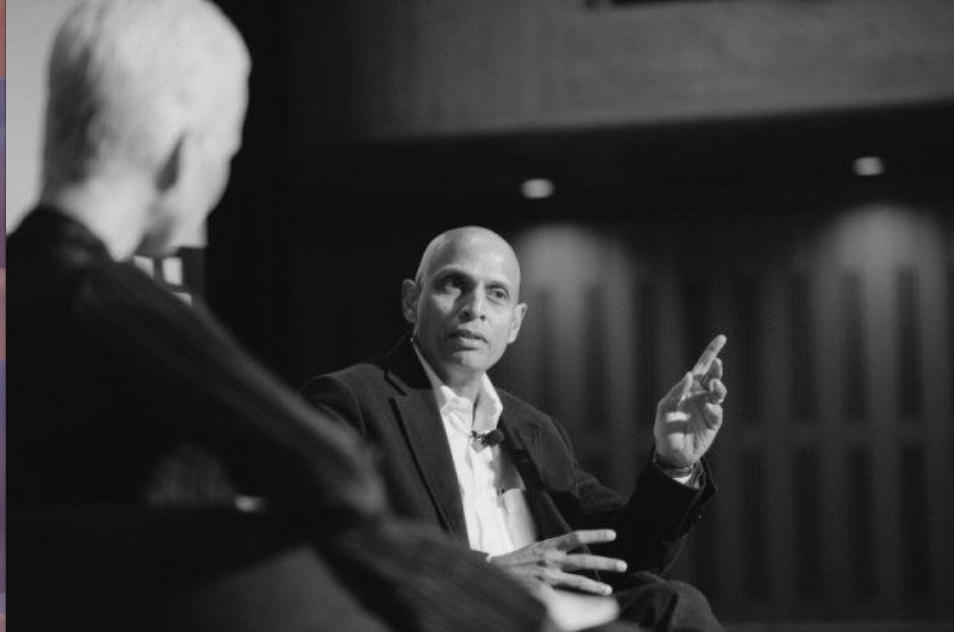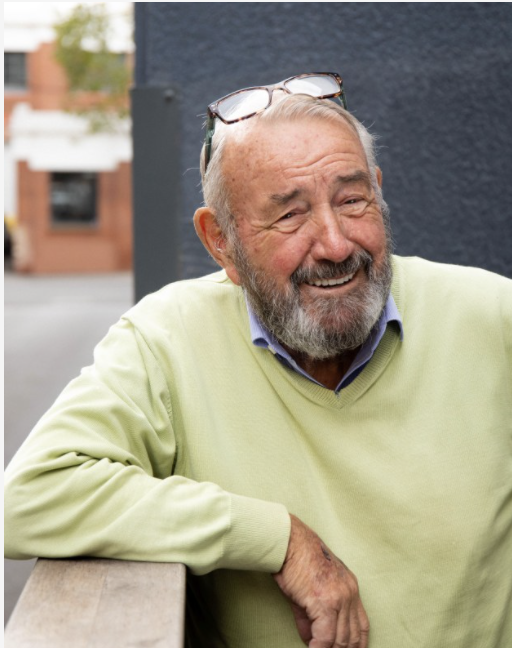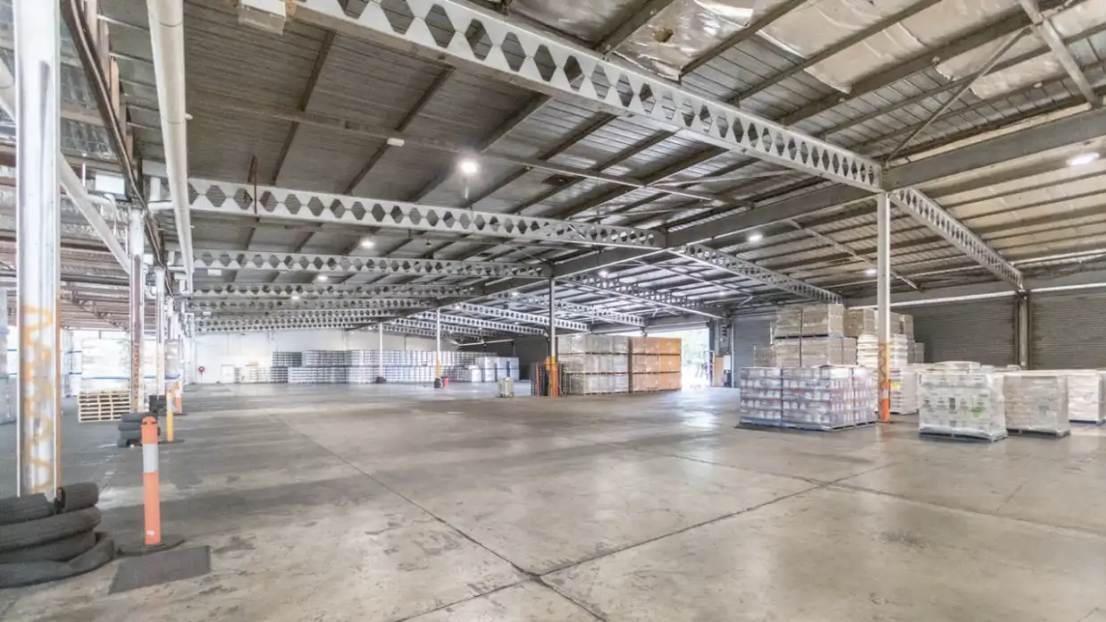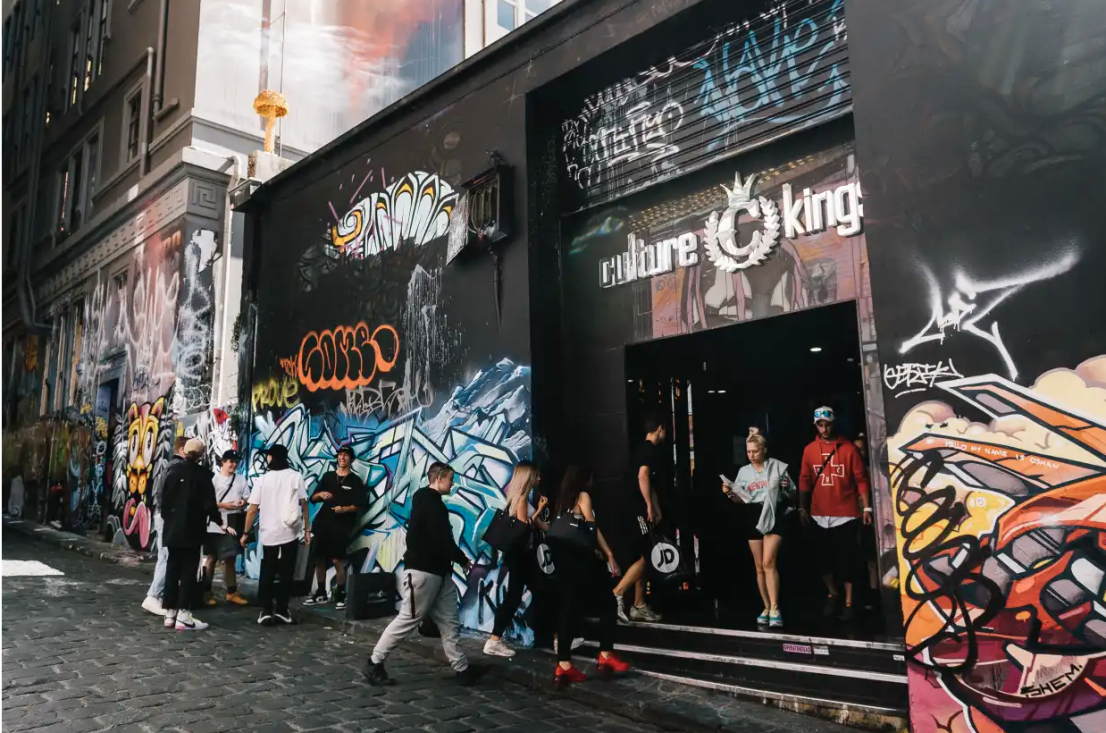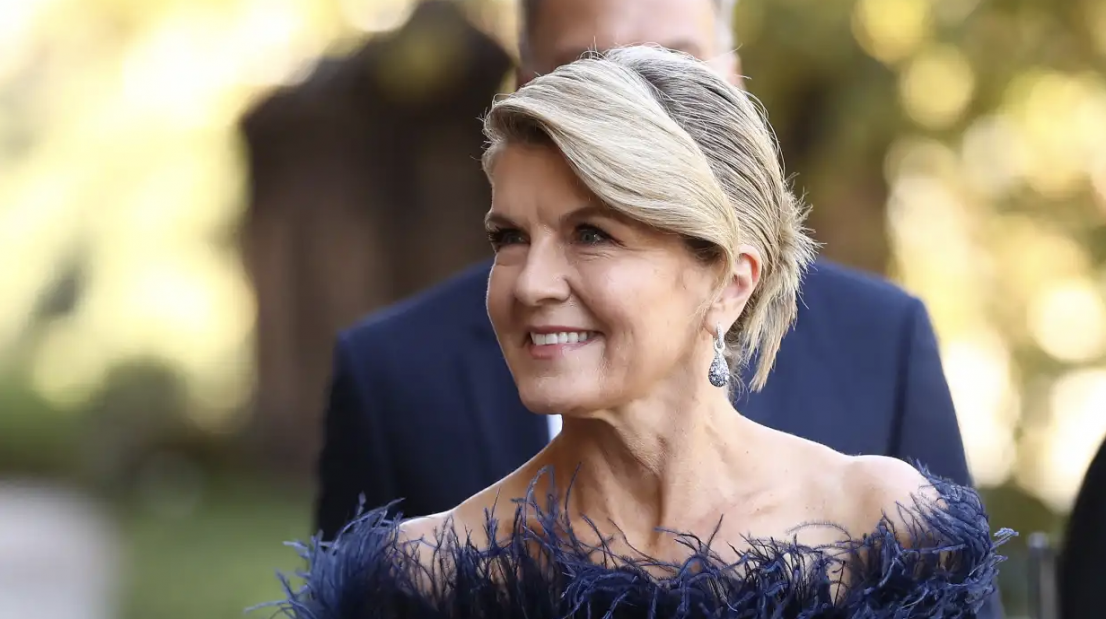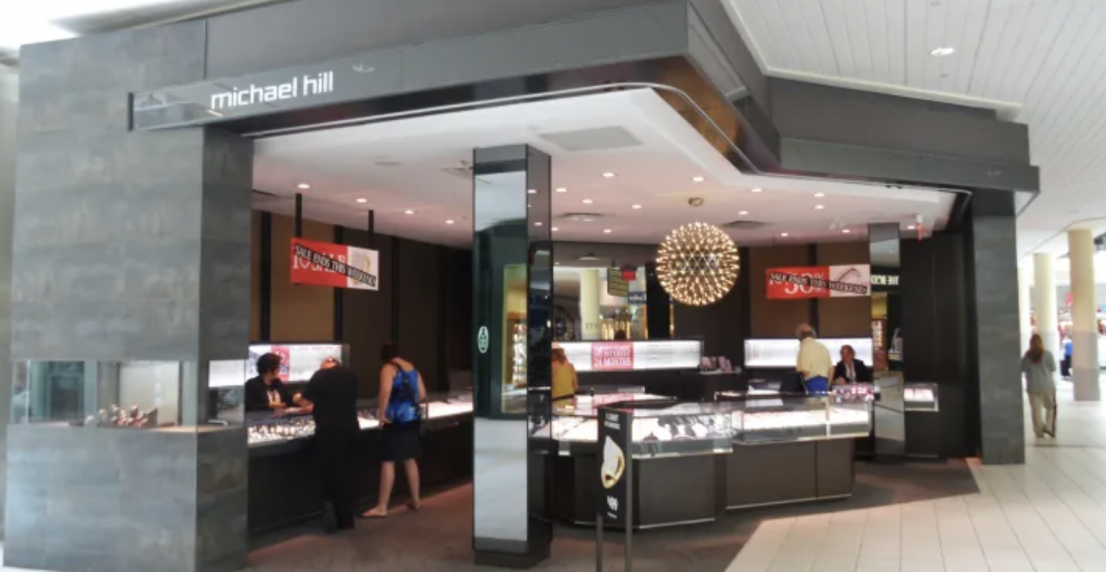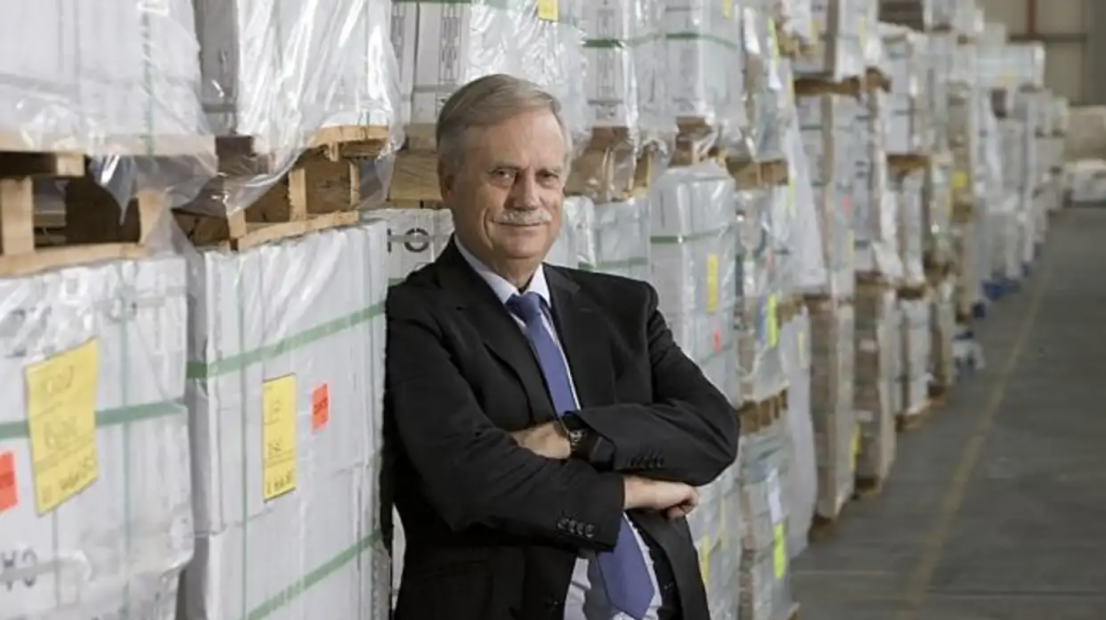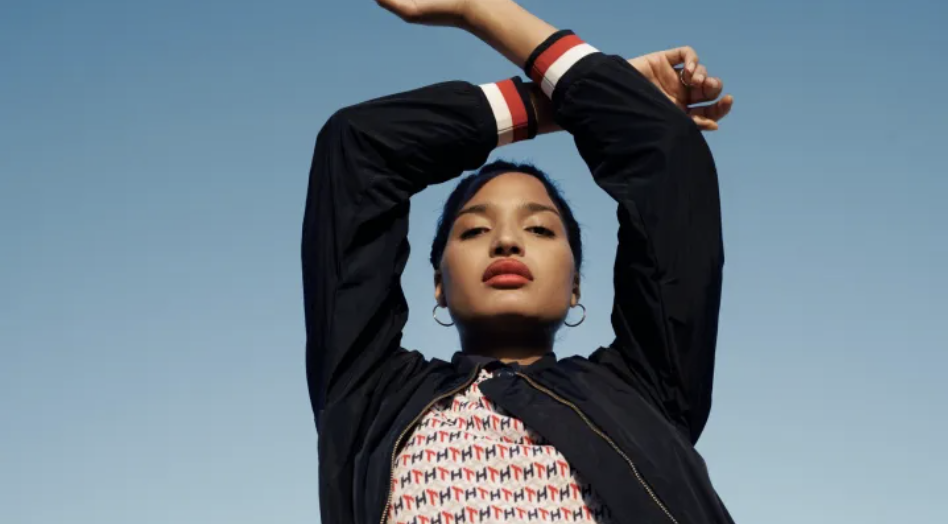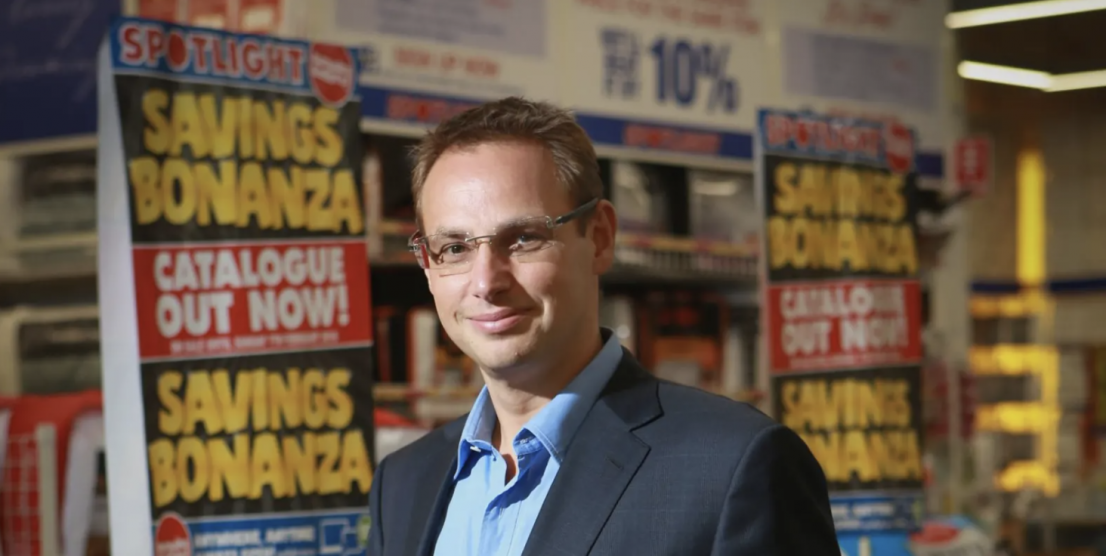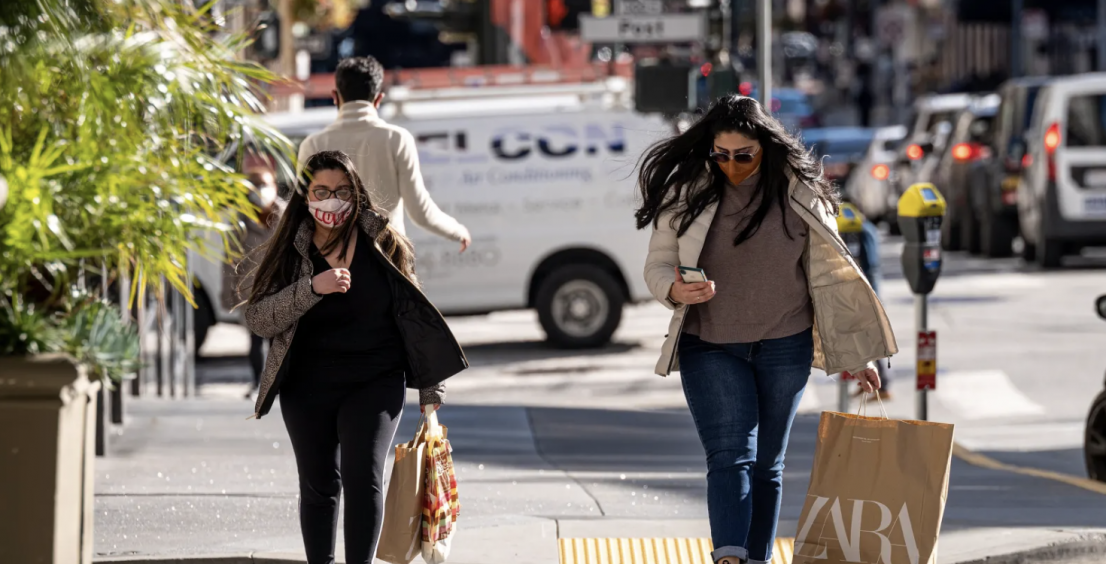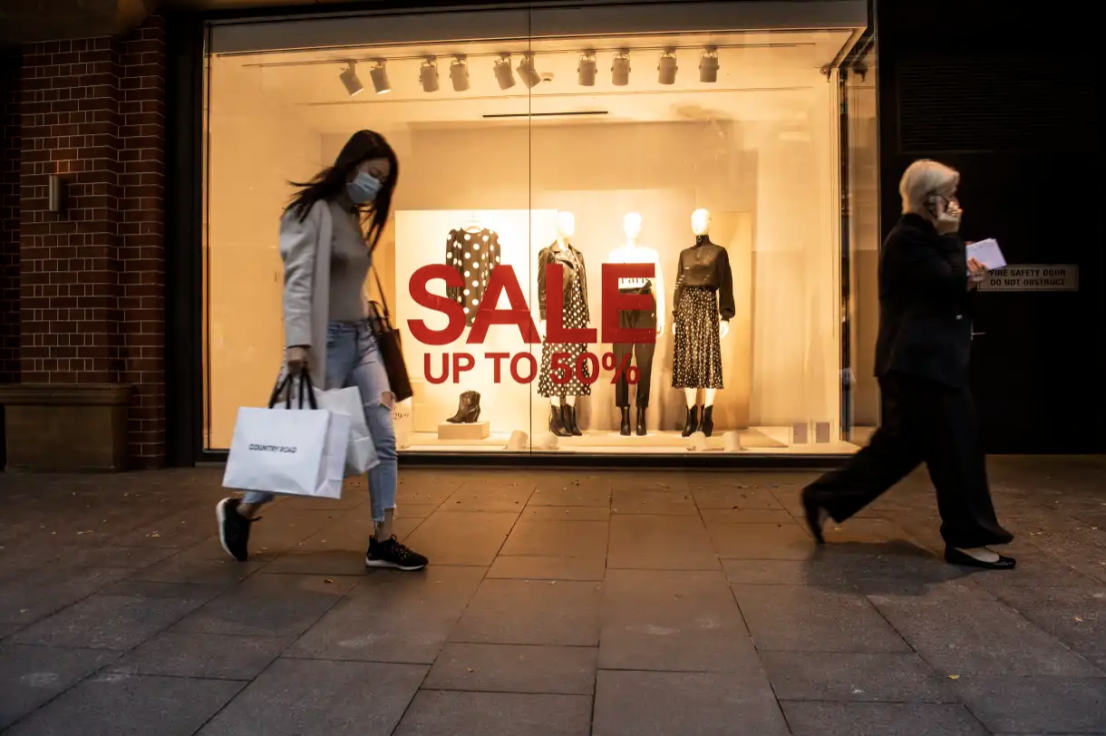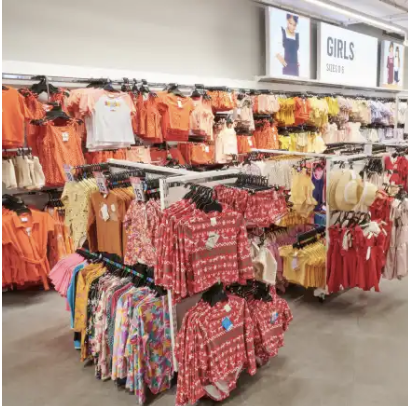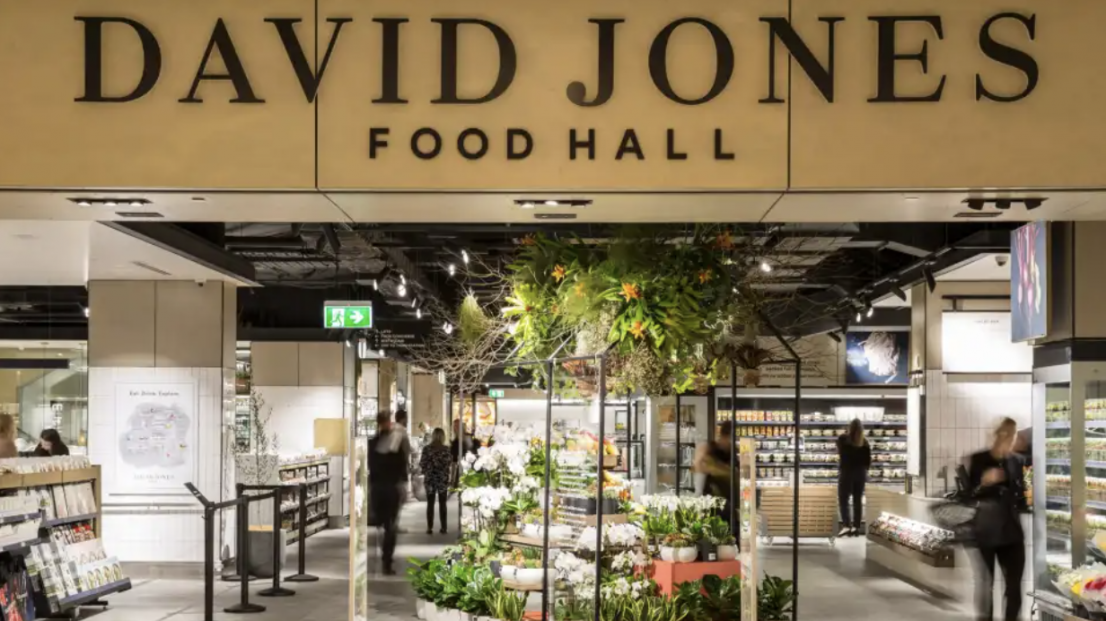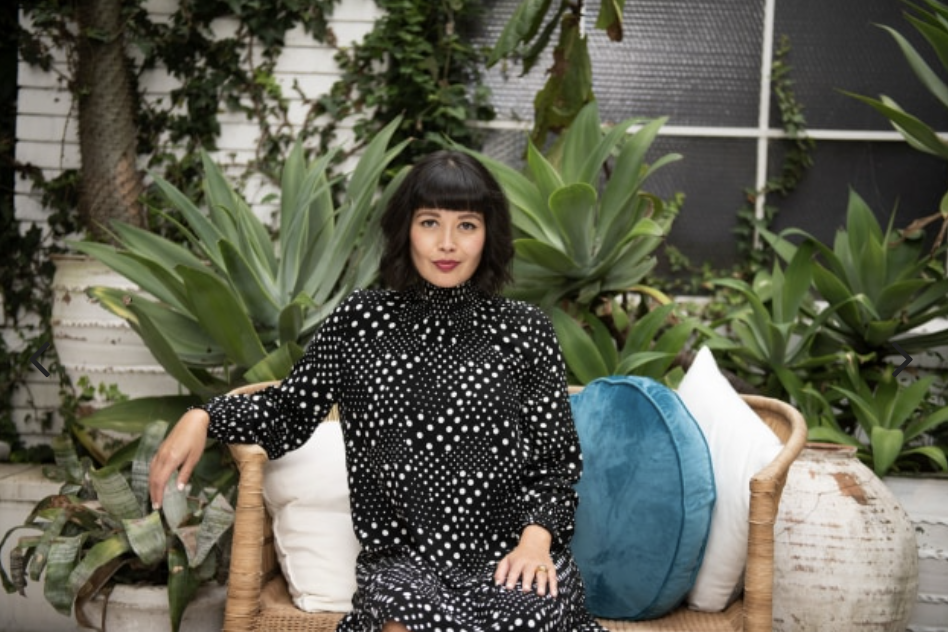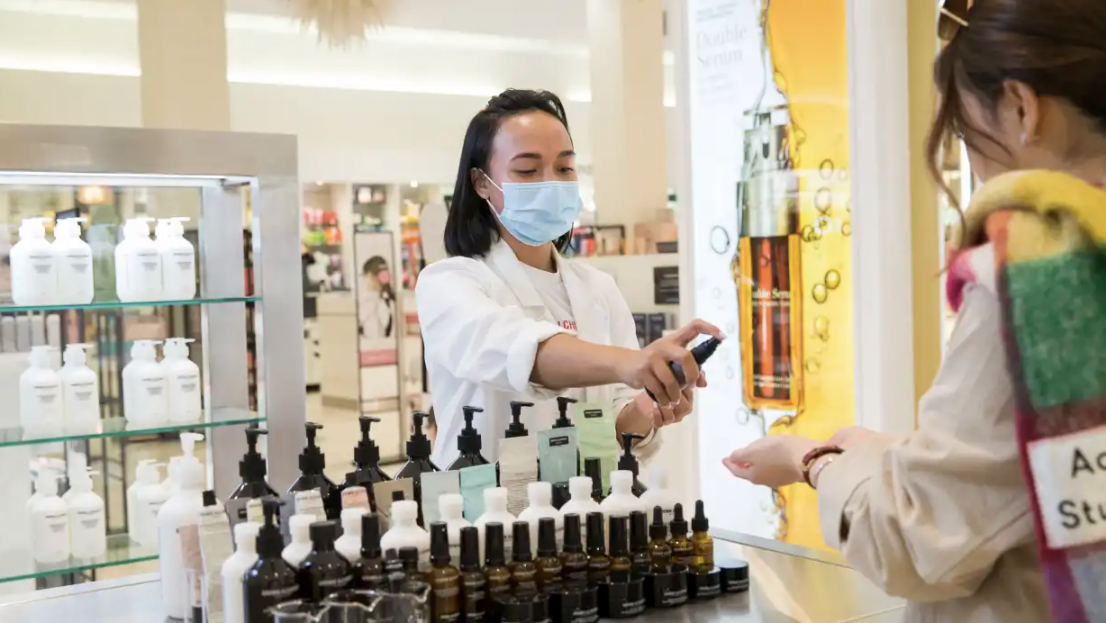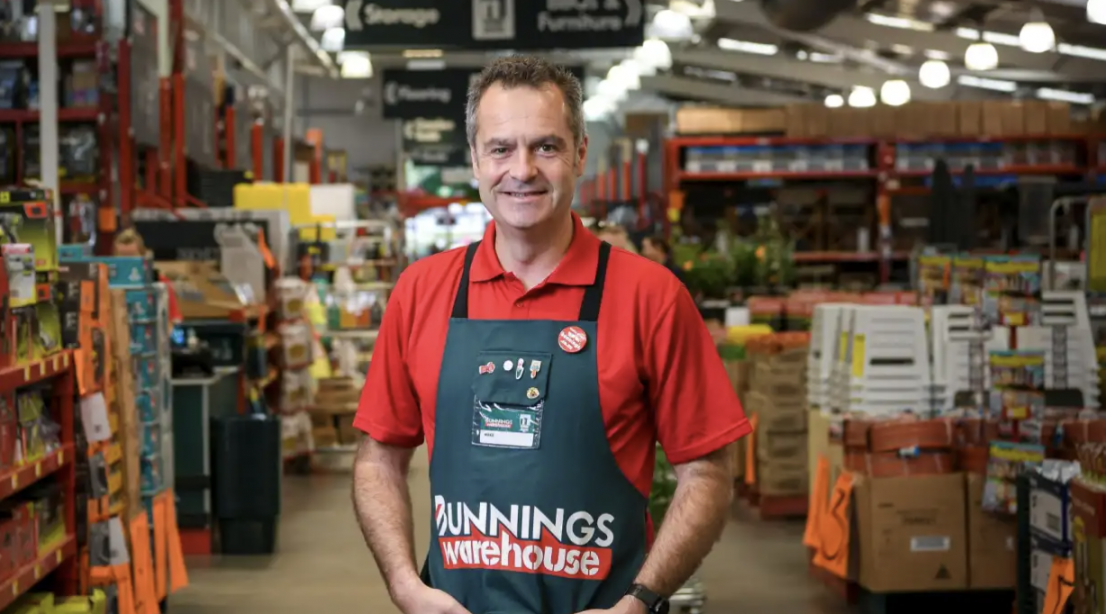
They might not have the blood, sweat and tears of Nine’s reality show The Block, but Bunnings’ home renovation videos are attracting millions of viewers to its website and YouTube channel and inspiring a new generation of DIYers.
Bunnings is filming the fourth series of a home renovation show that has helped Australia’s largest home improvement retailer boost sales by inspiring customers to undertake minor and not-so-minor DIY projects in their houses and gardens.
Two years ago, Bunnings bought and renovated a home in the Melbourne suburb of Knoxfield to create fresh DIY content for its website and YouTube channel. The home was also used to create a TV series, Make It Yours, which aired on the Seven Network.
It still owns the Knoxfield property but sold two other properties renovated in previous seasons soon after filming finished.
This year, Bunnings is renovating the homes of Bunnings staff, transforming different rooms and gardens in several houses, rather than renovating a single home, showing customers how to transform their living spaces.
This week, for example, it was filming segments on updating laundries and refreshing kitchens, with the episodes to be released in June and July.
Almost all the tradies who appear in the videos are Bunnings staff, chosen based on their experience in areas such as carpentry, painting, horticulture and landscaping.
Bunnings said the videos were not aimed at selling specific products – brand names are rarely mentioned – but inspiring customers to do their own renovations, show how easily it can be done and what an impact it can have.
The content complements in-store advice, how-to videos on the Bunnings website and an online DIY and gardening community known as Bunnings Workshop.
The videos and DIY hub show customers how to undertake projects such as laying turf, installing outdoor garden lighting and pop-up sprinklers, paint and tile bathrooms, make simple furniture, and design and update kitchens, by for example, installing new handles or painting laminate cupboards.
“Creating great content that makes DIY easier for customers is a huge focus for us,” said Bunnings managing director Mike Schneider.
“We have created hundreds of how-to articles and videos for customers, covering everything from hanging a picture to building a deck and everything in between,” he said.
”Like our in-store experience, expert team members provide the advice and they are the face of our videos. It’s a natural extension to the in-store experience.”
Mr Schneider said that while the products featured in the videos were available in Bunnings stores, the retailer did not view the content as product advertising.
”What we’re trying to do is inspire and make DIY accessible with entertaining and informative story telling,” he said.
“A lot of our content is about showing customers how to tackle a project step by step, and that gives them the confidence to try it themselves.”
“Customers tell us mastering one project gives them confidence and motivates them to try another one. And that’s great for customers and for us.”
Bunnings has now created more than 750 how-to videos to date for its website and YouTube channel.
The investment is paying off in spades. Bunnings’ sales rose a staggering 24 per cent to $9.1 billion in the six months ended December 31, with same-store sales up almost 25 per cent, while earnings jumped 36 per cent to $1.3 billion.
Sales growth was particularly strong in categories such as paint, lighting, garden and outdoor living as people stuck at home during the pandemic and unable to travel overseas invested in upgrading their homes.
Bunnings declined to say if there was a spike in sales of products used in some of the videos – such as paint spray guns or modular decking – but its research showed customers were inspired by the videos and undertook similar renovations.
Bunnings would not disclose how much it spends on making the content, which is part of its growing annual marketing budget.
Mr Schneider said the content helped the 135-year-old retailer stay relevant with younger customers who might start their DIY project researching on mobile devices rather than in stores.
“We want to be an online destination and a starting point for younger customers,” he said. “Over the past 18 months we’ve really increased the amount of content that is geared toward younger people starting out on their DIY journey.”
For the current Make It Yours series, Bunnings has linked up with influencers such as interior designer Lucy Glade-Wright, the founder of online publication Hunting for George, DIY “extraordinaires” Az and Jamie from Haus of Cruze, DIY style queen Geneva Vanderzeil and organisational guru and YouTube star Rachel Lee.
“Catering to this younger audience with great content will continue to be a big focus for us,” Mr Schneider said.
Before COVID-19, Bunnings’ online how-to content attracted about 700,000 visits to the DIY advice hub on the Bunnings website each month.
As Australians spent more time at home, the number of visits to the DIY hub jumped to 1.8 million a month in March and April last year and remained strong throughout 2020, with more than a million visits each month, including a second peak in November when visits reached 1.6 million.
The demand for DIY content mirrors the growth in visitors to the Bunnings website.
The Bunnings website attracted on average 13 million visits a month in 2017 and 15 million a month in 2018, even though the retailer did not have an online store at that stage.
In 2019, website visits rose to an average of 19 million a month, boosted by the launch of a fully transactional e-commerce site and marketplace.
In 2020, website visits grew to more than 30 million a month and the level of interest had remained strong into 2021, a spokesman said, auguring well for another bumper year.
